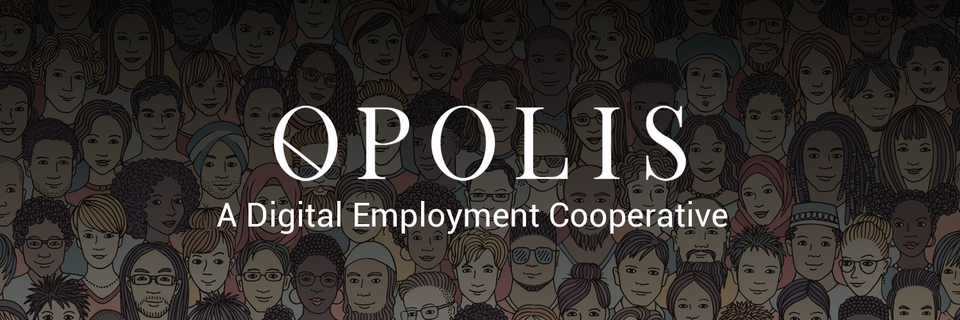Employment Cooperatives

For decades, it was common, almost standard, to see individuals sell their skills, time and attention to a single employer for 20-30+ years. Loyalty was perceived to be of the utmost mutual value. The organizing framework that has supported this social contract between employer and employee has been left relatively unchanged since the early 1900s. In modern times, the social contract itself, however, has shifted away from loyalty as a core belief almost entirely. For younger labor generations (X,Y,Z) have witnessed their parents and grandparents be laid off from jobs, they’ve also seen companies fail, causing families and friends to lose their pensions or other vital benefits. This has brought a significant amount of distrust to the relationship between employers and employees. In fact, at this point in time, loyalty seems to be perceived as a nice-to-have, but not expected/required, benefit by these cohorts. Today, corporations seek optimization of labor costs while younger employees value freedom and flexibility.
This movement by workers toward freedom and flexibility has been steady as folks flock into gig and creator economies. The challenge for workers is that today’s outdated employment architecture is designed for the safety, security and retention of a bygone era. While gig work provides freedom and flexibility for workers, they are not likely to maximize their participation in the gig economy without the underpinnings of safety and security provided by “traditional employment.” Such underpinnings include: fluidity of opportunities (jobs), affordable healthcare insurance, access to quality retirement plans, insurance, administrative support services, legal support, tax compliance and more.
Opolis is a technological and legal framework offering a public utility infrastructure for employment; The Employment Commons. Birthed by the vision of a more egalitarian global employment framework, it is a system that brings powerful tools and infrastructure to independent workers so that they can design their work-life in a way that suits their personal lifestyle preferences.
Up to now, virtually all employment and HR technology is designed toward corporations as the primary ‘customer’. That is all going to change as we see the emergence of next-generation Employment Cooperatives like Opolis.
The employment cooperative is designed by those that use it; by independent workers for independent workers. Core characteristics of the Opolis platform are:
- The ecosystem is as permissionless as compliance will allow.
- For its users, it acts as a benevolent and neutral public utility.
- All stakeholder groups are incentivized around community growth.
- Value is created and shared equitably by all stakeholders.
- The ecosystem is owned by its users and used by its owners.
- Members contribute to important decisions about the network.
Opolis has chosen to take a more pragmatic, evolutionary approach to the decentralization of employment. Opolis’ strategy is to build a bridge to the future, not attempt to build a fully decentralized solution from the beginning. In the world of employment, it would be unrealistic, if not impossible to accomplish, given the compliance requirements and complexity of the systems required to incorporate an all-in strategy. The full realization of Opolis is to be built through evolution, not revolution.
What’s up with the name you ask? Opolis is an amalgamation of the words “Opportunity” and “Polis”. Opportunity describes Opolis’ commitment to the individual's search for purpose and growth in their work while “Polis” is the Greek word for “community” or “city”. You can think of Opolis as an Employment Cooperative, or if you prefer, a City of Opportunity for its Members.
